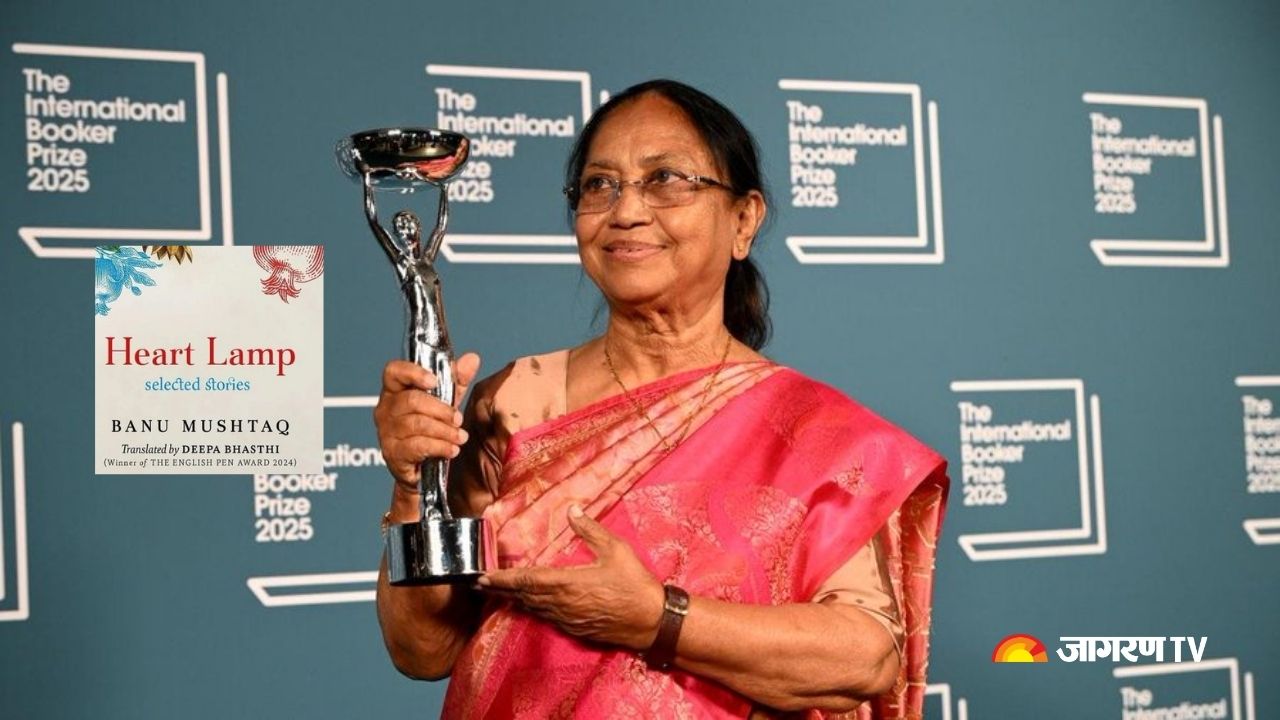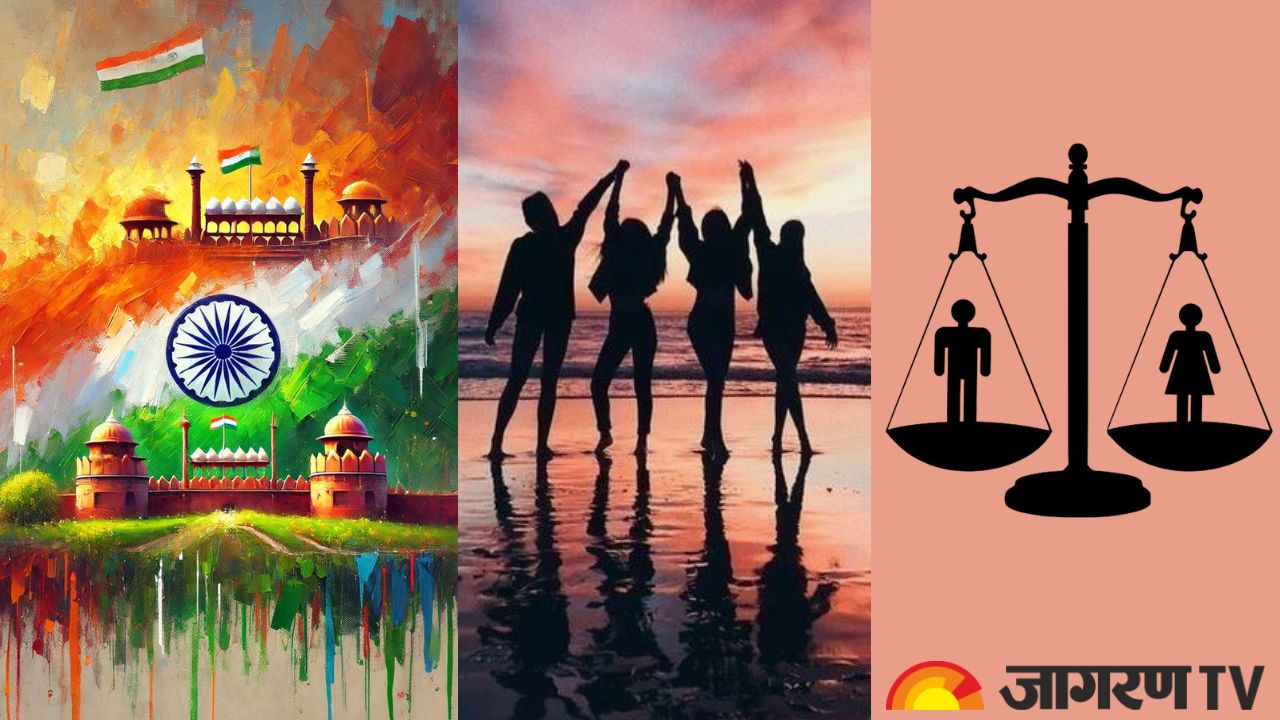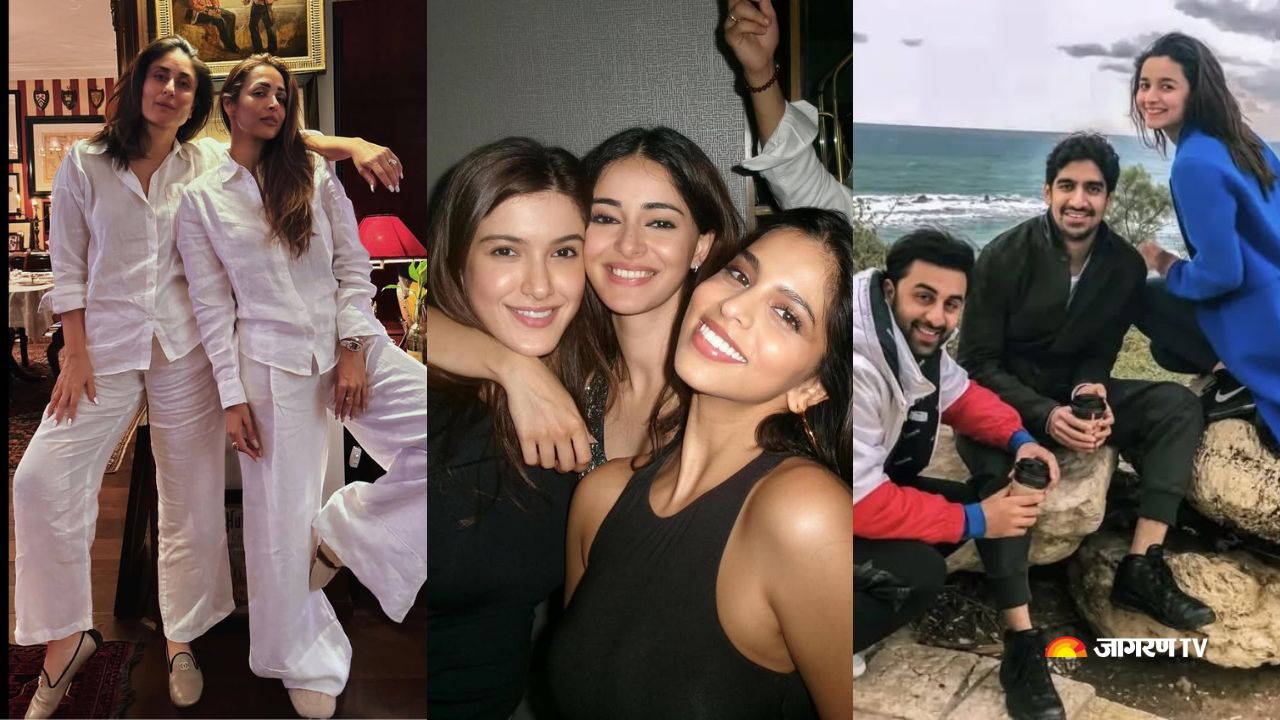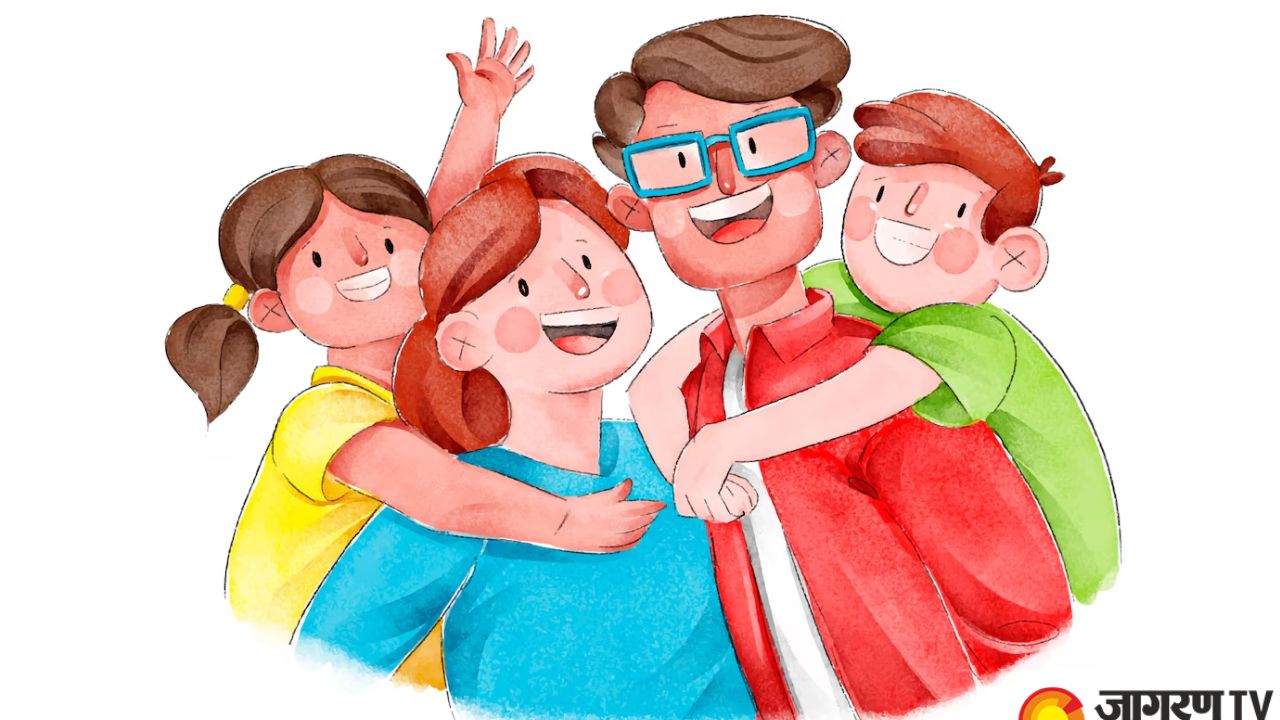Meet Banu Mushtaq, Author of 'Heart Lamp'; Made History By Winning The International Booker Prize 2025

Booker Prize 2025: Banu Mushtaq, a Hassan-based Kannada author, scripted history by winning the International Booker Prize for her collection of short stories titled ‘Heart Lamp’, translated by Deepa Bhasti. In an exemplary feat, Mushtaq has become the first woman to take the award home for a Kannada short story collection, placing the richness of the regional language on the Global platform.
But if you are wondering who Banu Mushtaq is, let us help you by sharing all about her, from her family to her education and career.
Who is Banu Mushtaq?
Besides being an author, Banu Mushtaq is also an Indian activist advocating for the rights of muslim women in Southern India, She is a lawyer and journalist as well.
We are so proud of them. Deepa Bhasthi and Banu Mushtaq, winners of this year’s International Booker Prize. 🎉 pic.twitter.com/E4l3xn6Dor
Mushtaq was born in Hassan, Karnataka, in 1948. Her muslim roots are the reason for her proficiency in Urdu, as it was a tradition to read the Quran in her home.
Education
She was allowed into a Kannada-medium convent school to teach her Kannada, which is now the language she writes in.
It was at the mere age of 8, Mushtaq was versed in writing Kannada and has been using her pen to tell the stories of resilience and revolution ever since.
Fighting the norms of the time, when women were not allowed to study, Mushtqa went to a university for further education and decided to marry for love, resulting in social and familial ostracization.
Despite all the hardships that came her way, her intellect, literary genius, and the art of telling stories of experiences did not hold her back.
Career
Mushtaq has been an activist for Muslim women in the South of the country, but she has also worked as a journalist in a vernacular weekly, Lankesh Patrike, publishing in Kannada. Her prowess also landed her a job at All India Radio, Bengaluru for a short period of time.
Her career as a writer, however, did not begin until she was 29.
Her experiences with postpartum depression as a mother led her to writing, which is centered on women's issues and experiences.
Her popular works apart from the Heat Lamp include six volumes of short stories, a novel, and a collection of essays and poetry. Her short story ‘Kari Nagaragalu’ has also been adapted into a film called ‘Hasina’ in 2003.
Her stories have the oppressed life of marginalised women, especially Muslim and Dalit at the center.
Her book, Heart Lamp, is one such anthology about the life of Muslim women in the Southern states of the country
Related videos
-
August 2025 Event Calendar: जानें अगस्त 2025 में राष्ट्रीय, अंतरराष्ट्रीय और महत्वपूर्ण दिनों ...
-
International Friendship Day 2025: Bollywood’s Iconic Best Buddies Of All Time ...
-
National Parents Day 2025: History, Significance, and Gift Ideas For Your Mom-Dad ...
-
International Self Care Day 2025: ऐसे करें शारीरिक और मानसिक रूप से अपनी ...









